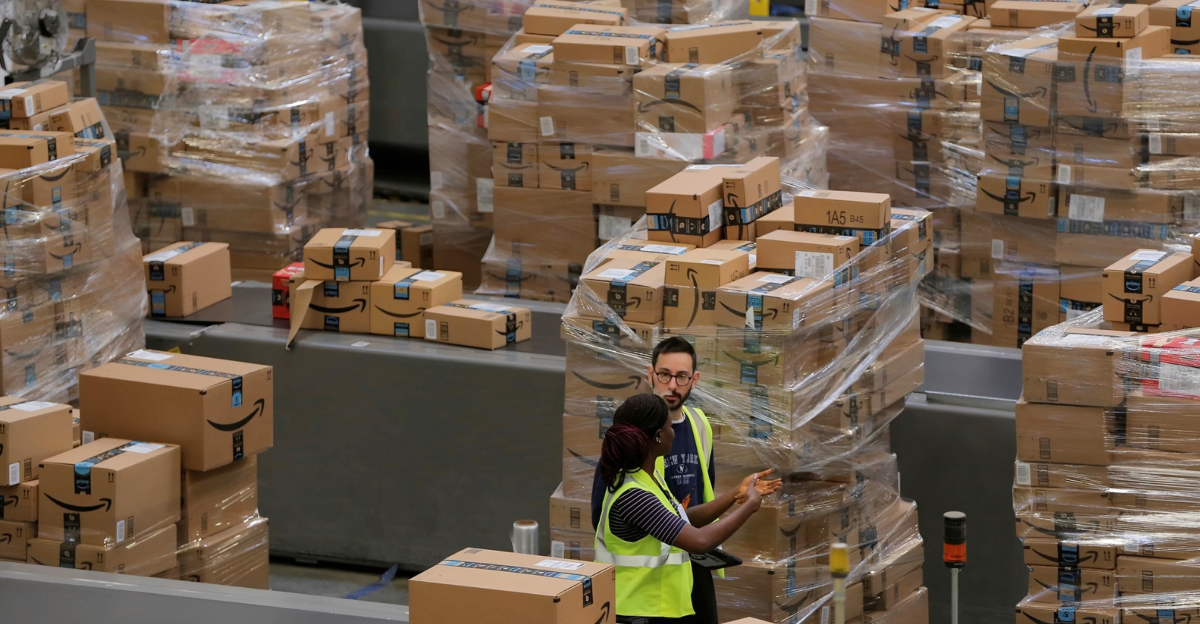
Nearly half a million Anker power banks sold at major retailers across America have been urgently recalled after 33 reports of fires or explosions left consumers injured and properties damaged. Federal safety officials warn users to “stop using immediately,” as reports from LiveNowFox reveal a growing crisis in everyday electronics that highlights the hidden dangers lurking in our homes. The U.S. Consumer Product Safety Commission’s urgent intervention signals how quickly routine devices can become serious threats, forcing a nationwide reckoning with the technology we depend on daily.
The Dangerous Science Behind Power Bank Explosions
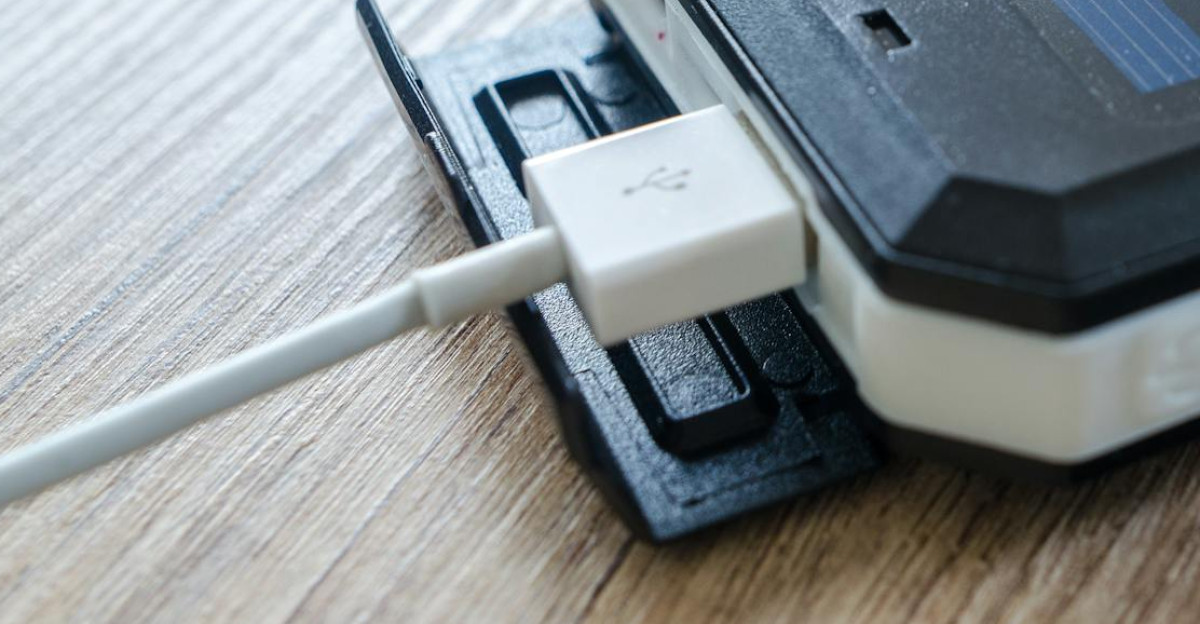
The recall targets lithium-ion battery failures within five specific Anker power bank models, where overheating cells create fire and burn hazards that have already injured multiple users. According to the CPSC, Anker has documented 33 incidents of overheating, including cases where devices actually exploded during use or charging. LiveNowFox reports that at least four users suffered minor burns, while one incident caused significant property damage, demonstrating how these pocket-sized devices can transform from helpful gadgets into dangerous liabilities. The science is straightforward but terrifying: when lithium-ion batteries overheat, they can enter thermal runaway, a chain reaction that produces intense heat, toxic gases, and fire.
Real People Face Real Consequences From Defective Devices
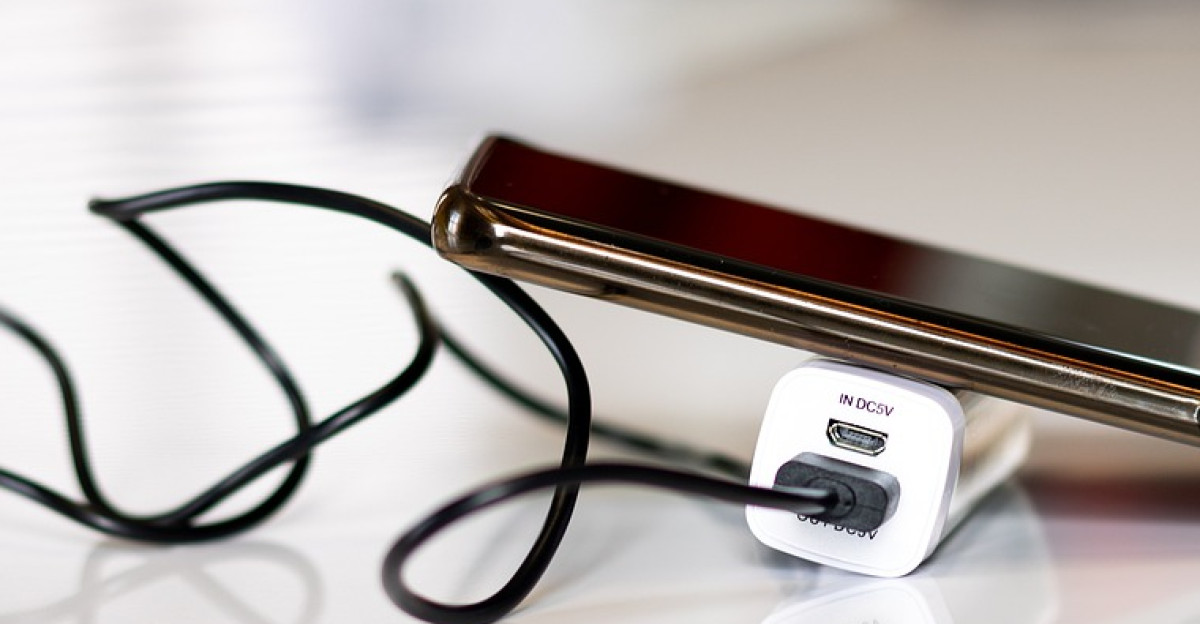
Behind every recall statistic are actual consumers who trusted these products with their daily routines, only to face unexpected dangers in their homes and workplaces. LiveNowFox confirms that users have reported minor burns requiring no medical attention, but the psychological impact extends far beyond physical injuries as people question the safety of devices they use daily. One documented case involved significant property damage, turning what should have been a simple charging session into a costly and frightening experience. The human stories emerging from this recall paint a picture of regular people caught off guard by technology failures, from parents charging devices near children to travelers relying on power banks during flights.
Companies Rush to Contain Growing Safety Crisis
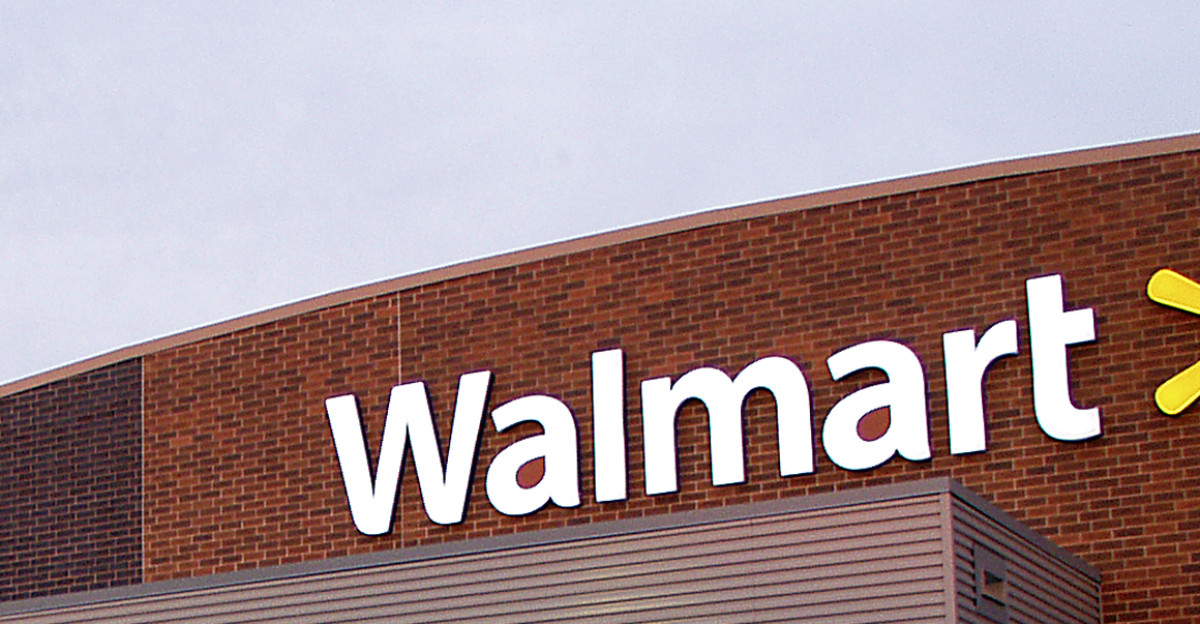
Anker Innovations, working closely with the CPSC, has launched a comprehensive recall program offering full cash refunds or gift cards to affected customers across the nation. The recall affects models A1647, A1652, A1257, A1681, and A1689, as confirmed by official CPSC documentation, with the company requiring photographic proof of ownership before issuing remedies. Major retailers including Walmart, Amazon, Best Buy, and Target have already pulled these products from shelves and online platforms, demonstrating industry-wide recognition of the severity. The swift corporate response reflects not just regulatory pressure but genuine concern about maintaining consumer trust in an increasingly competitive electronics market.
Market Disruption Creates Opportunities and Challenges
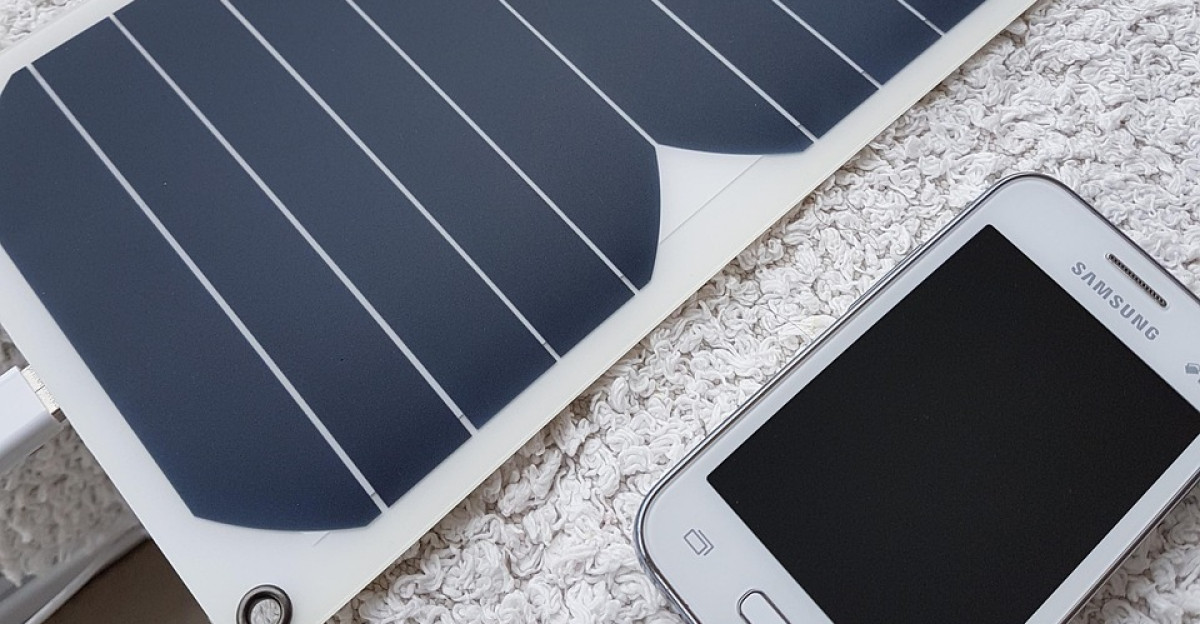
With nearly half a million recalled units removed from circulation, competing power bank manufacturers are experiencing unexpected demand surges while retailers scramble to promote alternative products to frustrated customers. CNET coverage suggests that the recall has prompted consumers to seek out different brands and models, creating temporary shortages and price fluctuations across the portable charging market. However, the broader implications extend beyond simple supply and demand, as the incident raises industry-wide questions about lithium-ion battery safety standards and testing protocols. Some retailers are using the crisis as an opportunity to strengthen their quality control partnerships and supplier relationships.
Global Impact Extends Beyond American Borders
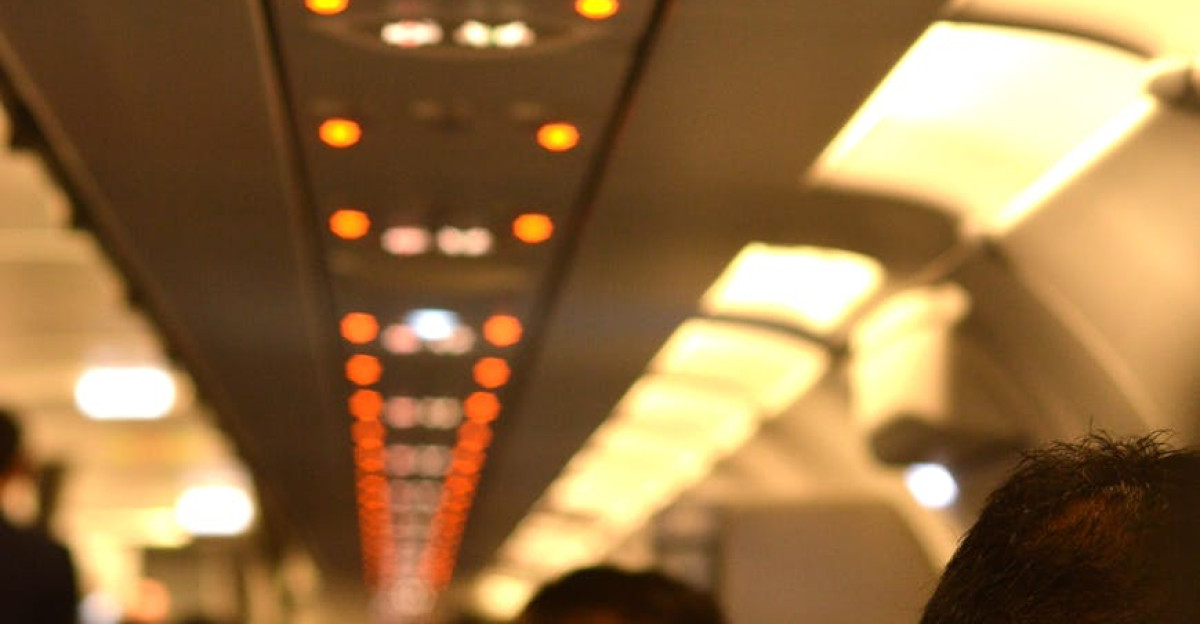
The Anker recall stretches far beyond U.S. consumers, affecting international markets where identical models were sold and prompting aviation authorities worldwide to review their policies on lithium-ion devices. According to multiple sources, airlines are tightening restrictions on portable chargers in both carry-on and checked luggage, with some international carriers implementing immediate bans on certain lithium-ion devices. The global nature of the recall demonstrates how product safety failures can quickly cascade across borders, affecting trade relationships, tourism, and international consumer confidence. Customs agencies are now scrutinizing portable electronics more closely, creating potential delays and complications for international travelers.
Behind the Headlines: Human Stories of Technology Gone Wrong
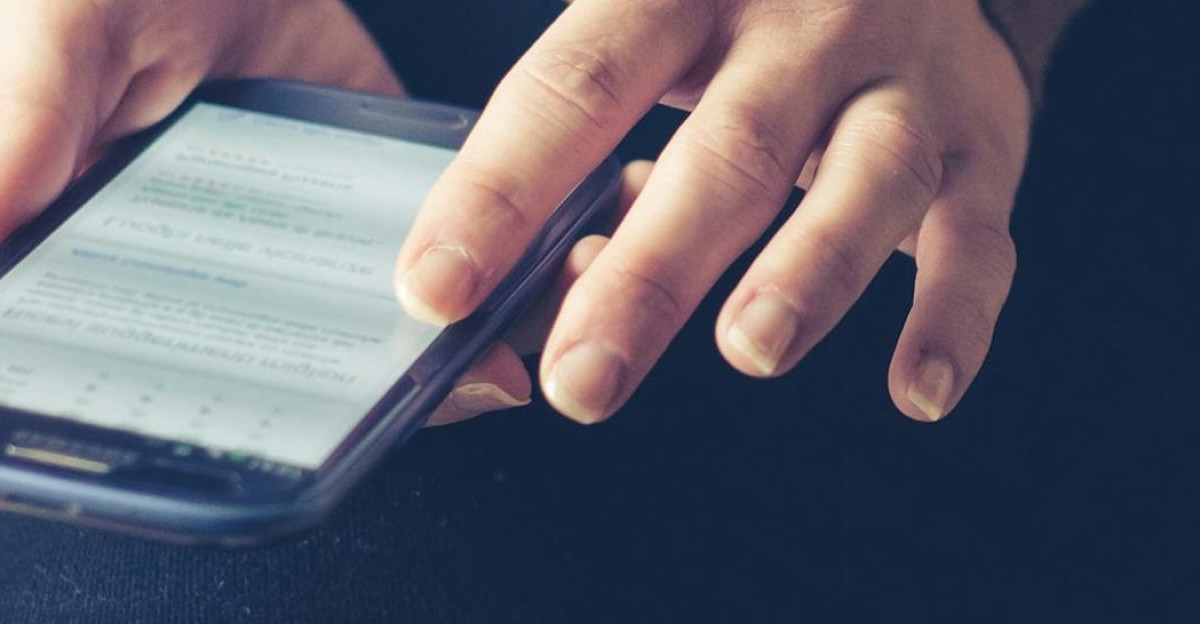
Every recall represents real people whose trust in technology was shaken by unexpected failures, from business travelers stranded with dead devices to parents worried about charging safety around children. The documented incidents paint vivid pictures of routine moments turned dangerous: a power bank overheating on a nightstand, a charging session interrupted by smoke, or a family vacation disrupted by property damage. These personal stories, while often overlooked in regulatory announcements, represent the true cost of product failures beyond statistics and financial losses. For many consumers, the recall serves as a wake-up call about the potential risks hiding in seemingly innocent household electronics.
Regulators Respond With Increased Oversight and Stricter Standards

The CPSC’s decisive action on the Anker recall may herald a new era of stricter regulations for lithium-ion batteries and portable electronics, with lawmakers likely to push for enhanced safety standards and mandatory testing requirements. Federal officials are expressing growing concern about the rising number of battery-related incidents, as evidenced by CPSC data showing 376 recalls and safety alerts issued in 2025 alone. This regulatory momentum could result in more rigorous certification processes, clearer warning labels, and enhanced consumer education about battery safety. The recall also highlights the need for international coordination on product safety standards, as defective devices sold in one country can quickly spread globally.
Financial Shockwaves Ripple Through Multiple Industries
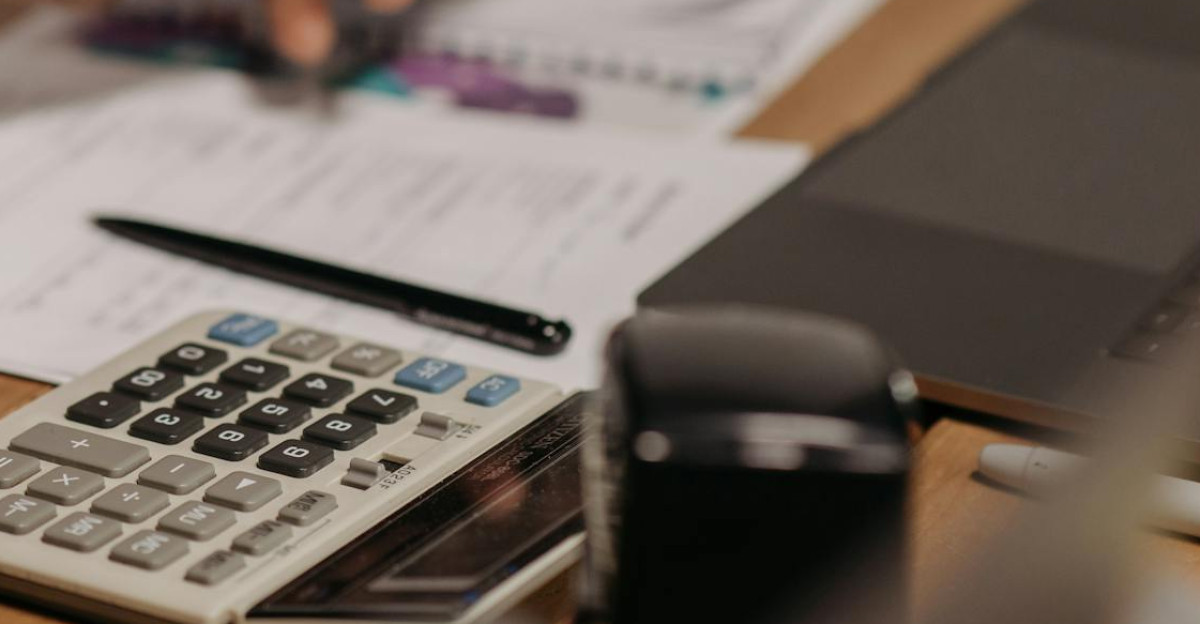
The recall’s financial impact extends far beyond Anker’s direct costs, creating ripple effects through retail chains, logistics companies, insurance providers, and waste management systems tasked with handling nearly half a million potentially dangerous devices. Industry analysts estimate that recall costs including refunds, replacements, logistics, and potential legal claims could reach tens of millions of dollars, expenses that may ultimately be passed on to consumers through higher electronics prices. PCWorld reports that the recall affects approximately 481,000 units sold between August 2023 and June 2025, representing substantial lost revenue and replacement costs. The financial pressure may accelerate industry consolidation as smaller manufacturers struggle to absorb similar recall costs.
Retailers Adapt Strategies to Manage Crisis and Maintain Trust
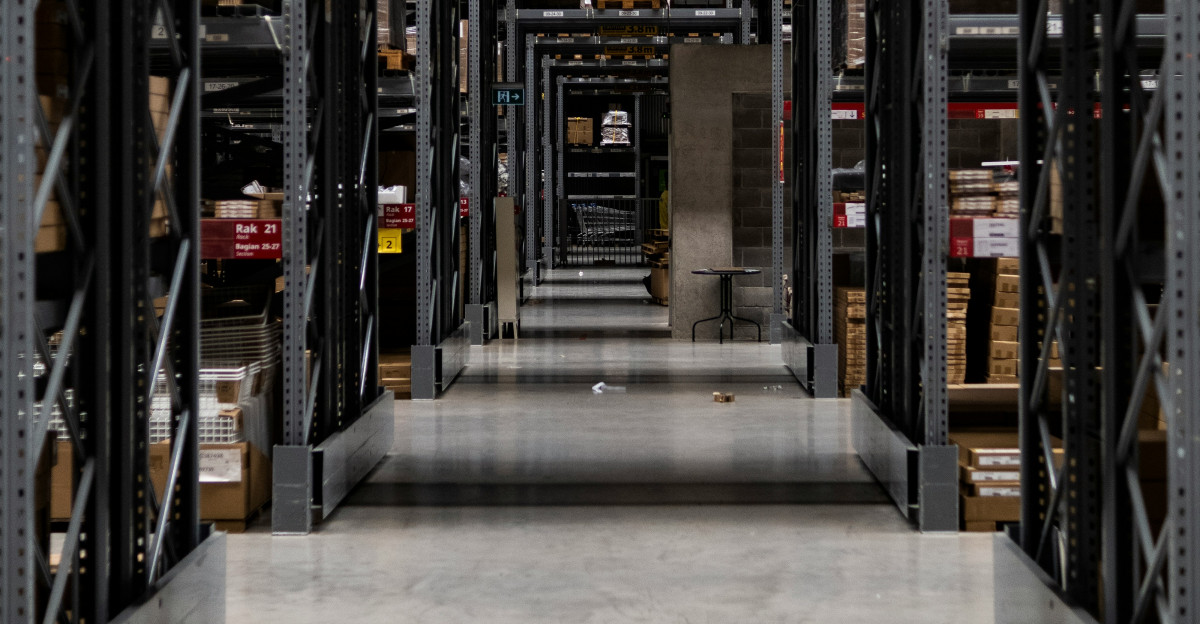
Major retailers are rapidly updating their inventory management systems, customer communication protocols, and supplier oversight procedures in response to the recall’s lessons about product safety and liability. Some stores are offering special discounts on alternative charging products to retain customers affected by the recall, while others are implementing enhanced quality control measures for all electronics suppliers. The incident forces retailers to balance consumer safety with business continuity, leading to more stringent vendor agreements and enhanced product testing requirements. Customer service teams are handling increased call volumes as consumers seek guidance on safe disposal and replacement options.
Travel Industry Faces New Restrictions and Safety Protocols
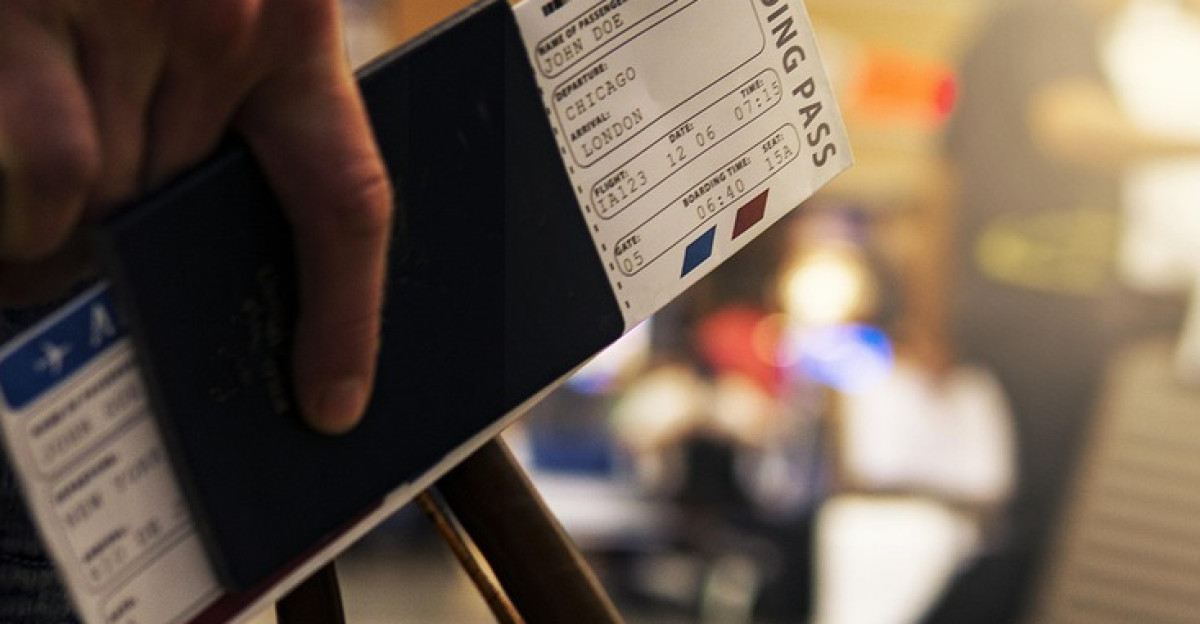
Airlines, hotels, and travel companies are reviewing their policies on portable electronics, with some carriers already implementing stricter rules about lithium-ion devices in passenger luggage due to fire risks during flight. The recall has prompted aviation safety authorities to reconsider existing regulations about battery-powered devices, potentially leading to more restrictive policies that could affect business travelers and tourists worldwide. Hotels are also examining their in-room charging stations and guest safety protocols, while rental car companies consider how to handle electronics left behind by travelers. These changes could significantly impact how people travel with technology, potentially requiring new packing strategies and safety awareness.
Environmental Impact Highlights Electronic Waste Crisis
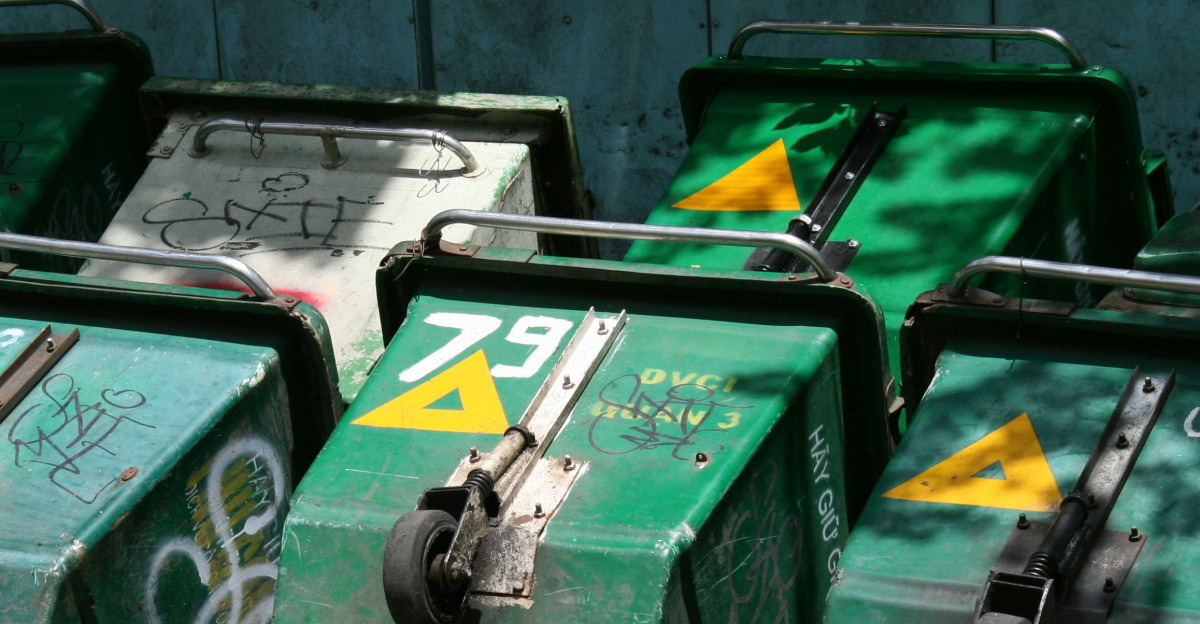
The proper disposal of nearly half a million recalled power banks presents a significant environmental challenge, requiring specialized handling by hazardous waste facilities already strained by increasing electronic waste volumes. Environmental groups are using the recall to highlight broader concerns about the lifecycle of consumer electronics, from manufacturing through disposal, and the need for more sustainable battery technologies. The CPSC specifically warns against throwing recalled devices in regular trash or standard recycling bins, requiring consumers to seek out specialized hazardous waste collection centers. This disposal requirement creates logistical challenges for consumers and additional costs for waste management systems, while highlighting the environmental complexity of modern electronics.
Consumer Behavior Shifts Toward Safety-First Thinking
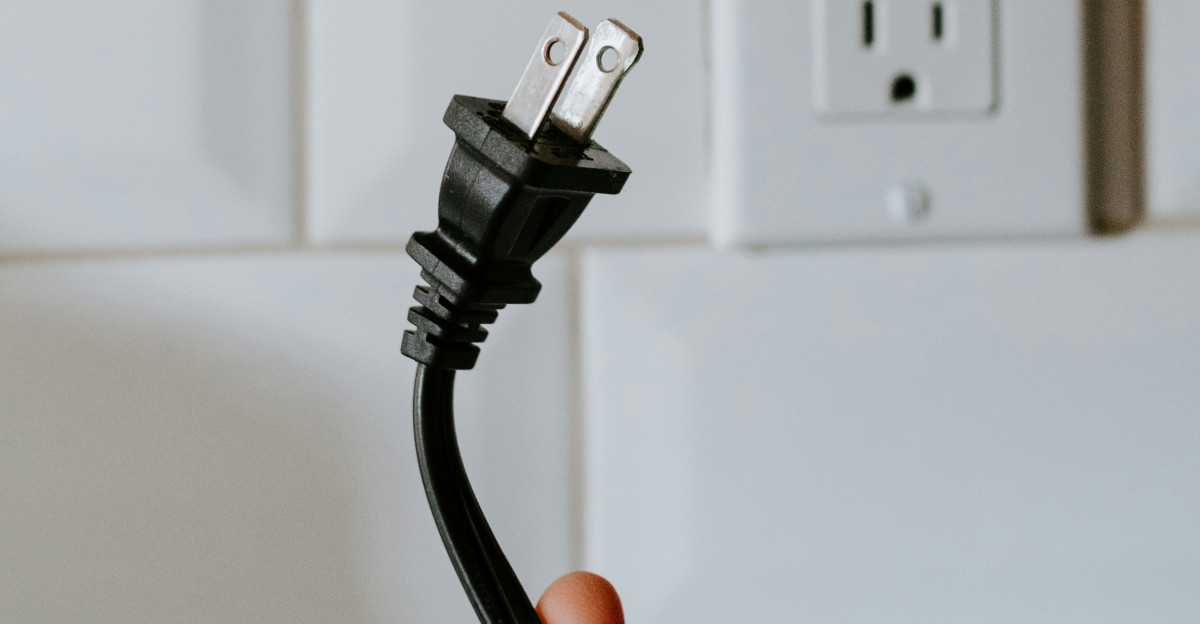
The recall is fundamentally changing how people think about charging their devices, with safety-conscious consumers adopting new habits like avoiding overnight charging, using devices only in ventilated areas, and actively monitoring for signs of overheating. CNET’s coverage indicates that consumers are becoming more educated about lithium-ion battery risks and proper disposal methods, leading to increased demand for safety information and product transparency. Many people are now reading product reviews more carefully, looking for safety certifications, and asking retailers about recall histories before making purchases. This shift toward safety-first thinking may permanently alter consumer expectations and purchasing decisions in the electronics market.
Cultural Shift: When Convenience Technology Becomes a Threat
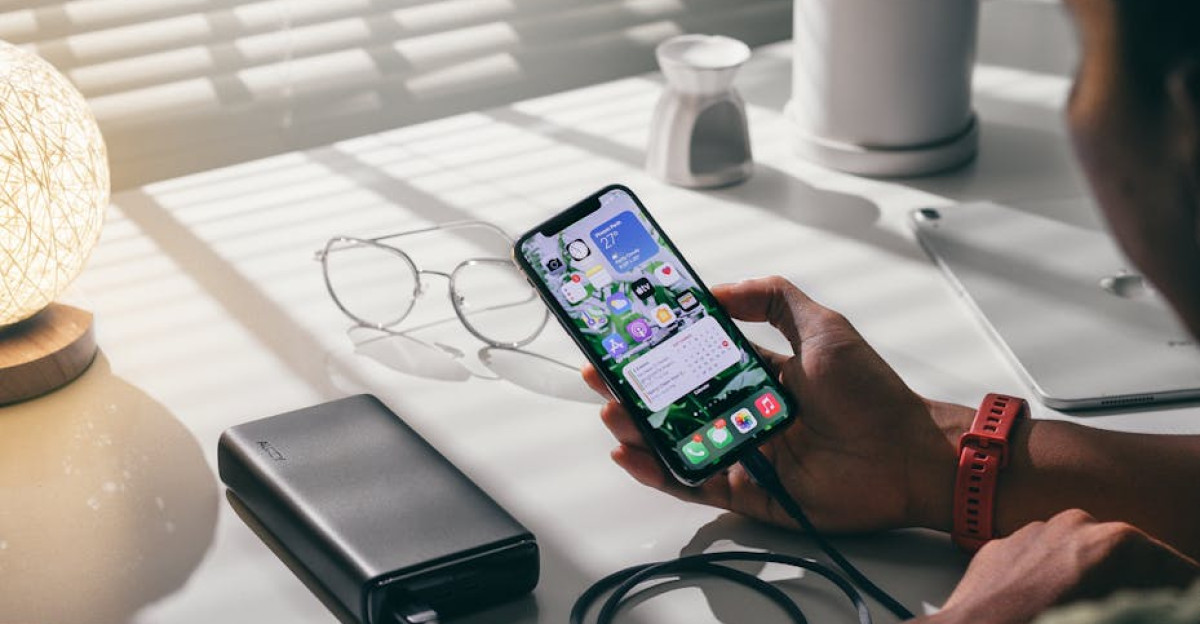
The recall represents a broader cultural moment where the convenience of modern technology collides with unexpected safety realities, forcing consumers to reconsider their relationship with everyday electronics. Social media platforms are filled with discussions about battery safety, device recalls, and consumer rights, creating a more informed but also more anxious customer base. The incident highlights how quickly trusted brands can face reputation challenges and how consumer confidence, once lost, can be difficult to rebuild. This cultural shift may lead to increased demand for transparency in manufacturing processes and more robust consumer protection measures.
Market Winners and Losers Emerge From Crisis
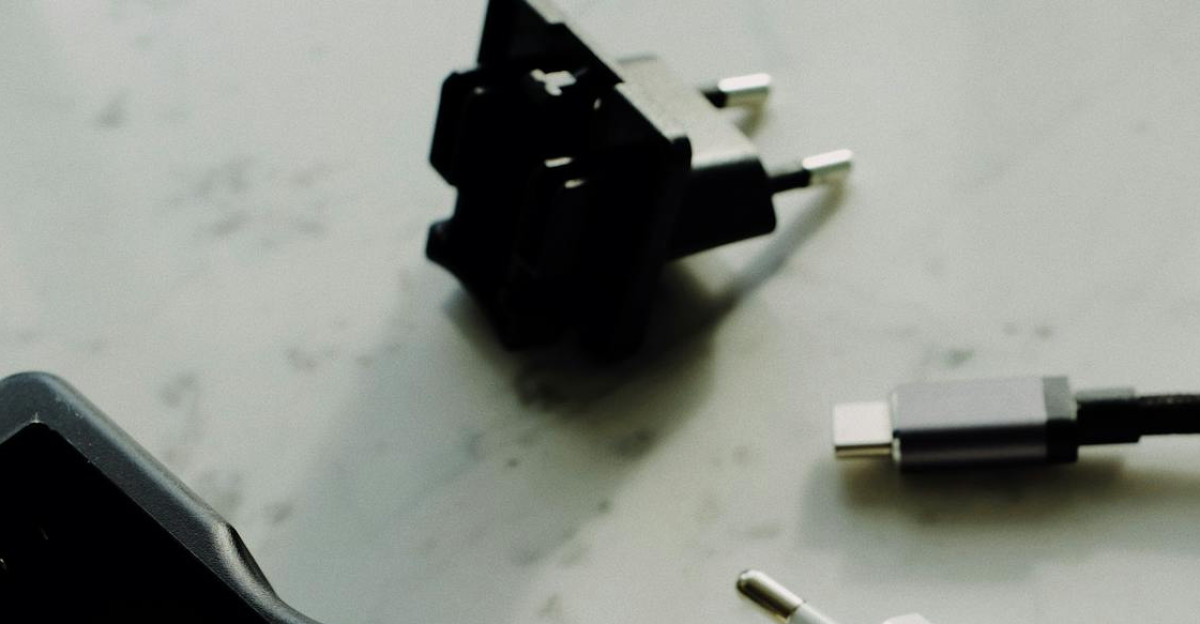
While Anker faces significant reputational and financial damage from the recall, competing portable charger manufacturers and specialized recycling companies are positioned to benefit from increased market demand and disposal needs. Retailers with strong quality control programs and established customer trust may gain market share from those perceived as less safety-conscious. However, the entire portable electronics industry faces increased scrutiny that could lead to higher production costs and reduced profit margins. The recall creates opportunities for innovation in battery safety technology while challenging existing business models based on rapid product development and cost minimization.
Financial Markets React to Product Safety Uncertainty
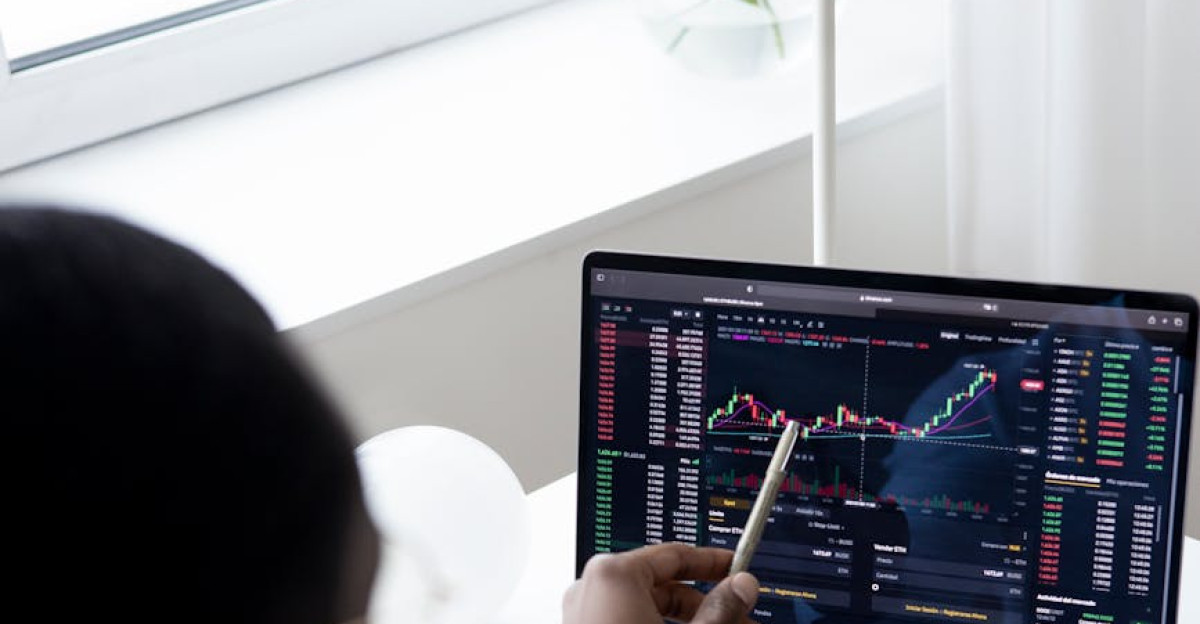
Electronics sector stocks are experiencing volatility as investors assess the potential for broader supply chain disruptions, increased regulatory oversight, and rising recall costs across the industry. Companies with significant exposure to lithium-ion battery technology are facing questions from analysts about their safety testing protocols, insurance coverage, and recall preparation procedures. The Anker situation serves as a reminder that product safety failures can quickly translate into financial losses, affecting not just the manufacturer but entire supply chains and retail networks. Investment strategies may increasingly factor in product safety track records and recall preparedness as risk assessment criteria.
Practical Steps for Concerned Consumers
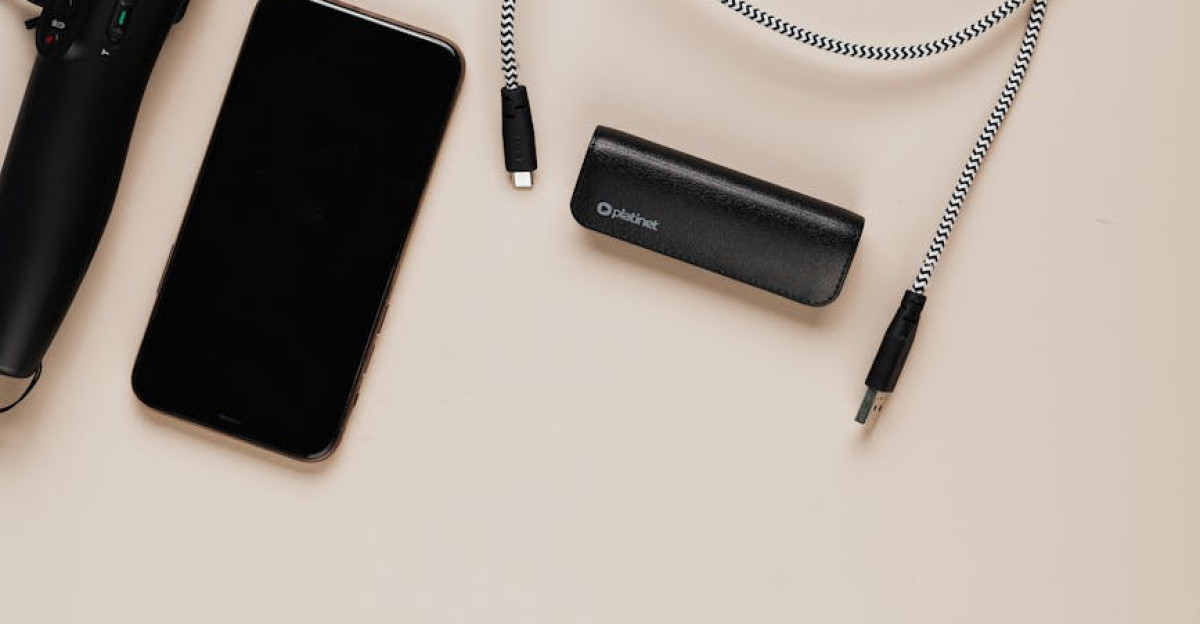
Consumers should immediately check their power banks against the recalled model numbers (A1647, A1652, A1257, A1681, and A1689), stop using any affected devices, and visit Anker’s recall website to begin the refund process. The company requires a photo showing the model number, serial number, owner’s name, date, and the word “recalled” written in permanent marker on the device before issuing refunds or gift cards. For disposal, consumers must contact local hazardous waste collection centers rather than using regular trash or recycling services, as lithium-ion batteries require specialized handling to prevent environmental contamination and safety risks. This recall serves as a reminder to register products with manufacturers, keep purchase receipts, and stay informed about safety alerts.
Industry Innovation Accelerates in Response to Safety Crisis
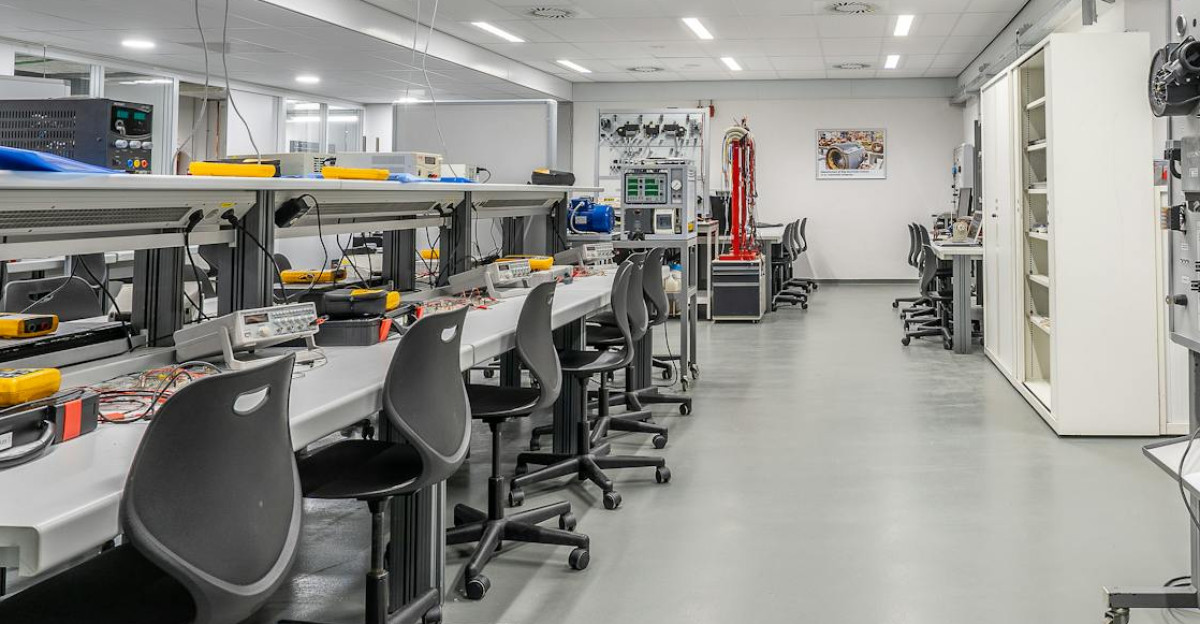
The recall is likely to accelerate research and development into safer battery technologies, improved testing methods, and better consumer education about electronic device risks and proper usage. Manufacturers are investing in thermal management systems, early warning indicators, and fail-safe mechanisms designed to prevent the kind of overheating that led to the Anker recall. Regulatory agencies are also developing more sophisticated testing protocols and international cooperation agreements to prevent defective products from reaching consumers. The crisis may ultimately lead to safer, more reliable portable electronics, though potentially at higher costs and with longer development timelines.
Long-term Implications for Technology and Society

This recall represents more than just a product failure; it’s a catalyst for examining how society balances technological convenience with safety risks, consumer protection with business efficiency, and innovation speed with thorough testing. The incident highlights the global nature of modern supply chains and the challenges of maintaining quality control across international manufacturing networks. From corporate boardrooms to kitchen counters, the Anker recall is prompting conversations about responsibility, transparency, and the true costs of our technology-dependent lifestyles. The long-term impact may be felt in stricter regulations, changed consumer behavior, and a more cautious approach to adopting new technologies without proper safety validation.